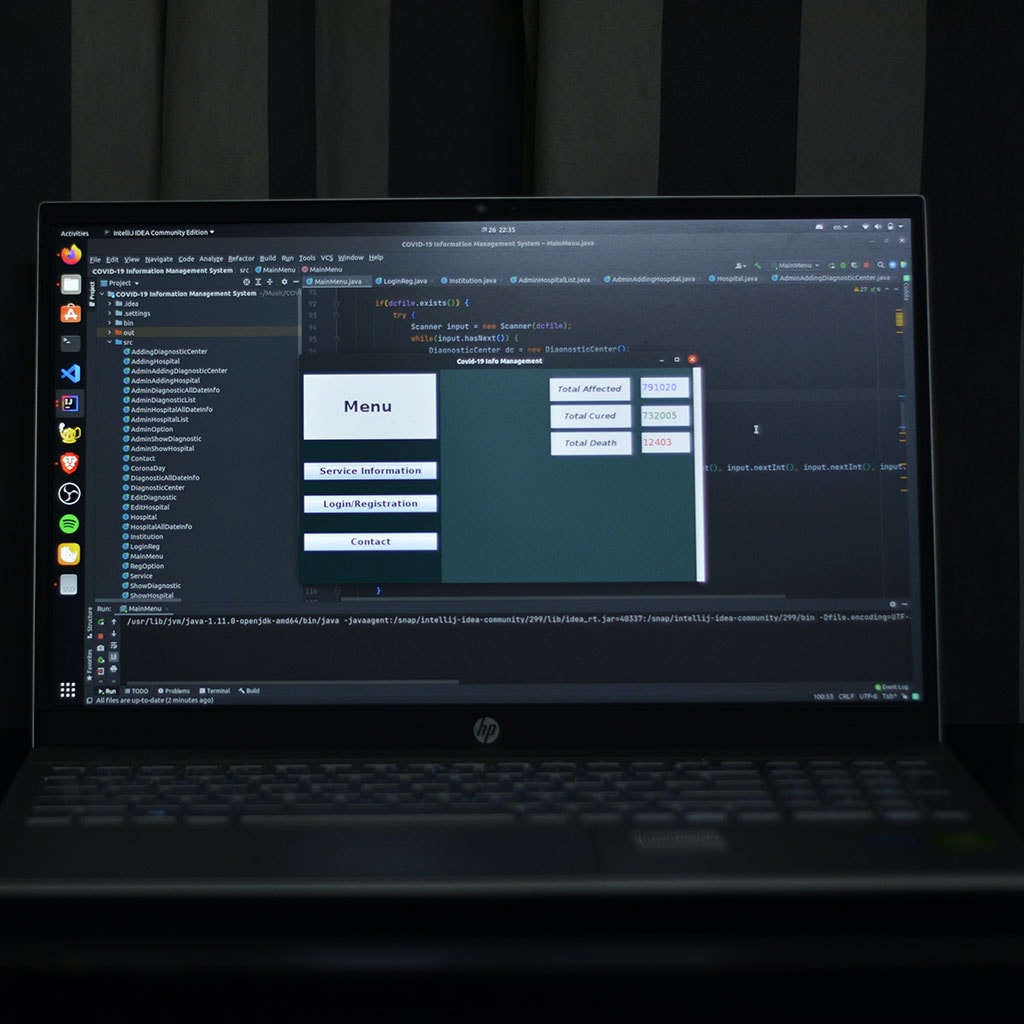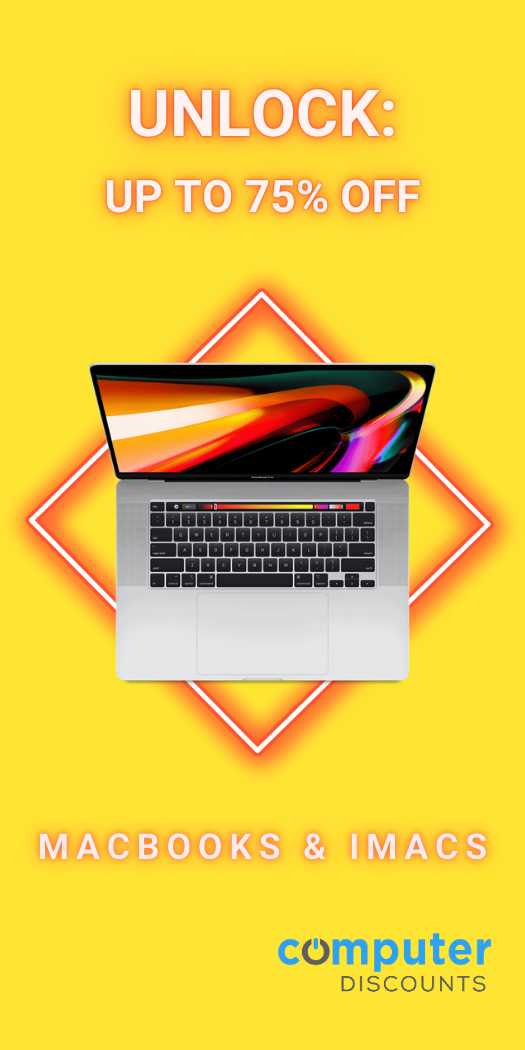When shopping for a new computer, it can be difficult to decide between a Chromebook and a laptop. Both have their pros and cons, depending on your needs. In this article, we’ll take a look at the difference between a Chromebook and a laptop, so that you can make an informed decision when purchasing your next device.
Chromebook Vs. Laptop
Chromebooks and laptops are being sold in record numbers today, with both having their merits and drawbacks. It’s no surprise that many people find themselves wondering which of these devices are best for their needs.
According to Statista, there were 37.3M Chromebooks shipped globally in 2021. This is expected to decline to 30M units by 2022. This is over double the amount shipped just two years prior, in 2019. The laptop market however shows an increase – in 2020 over 222.5 million laptops were shipped, but by 2025 this number is expected to rise slightly to 272M units. So which device is right for you? Well it really depends on your individual needs as far as computing power, portability and budget are concerned – but either way this comprehensive guide will help you make an informed decision.
Advantages of a Chromebook
Chromebooks offer many advantages over a traditional laptop. For starters, they are far more affordable, with models ranging from $150-$300 versus at least $400 for most laptops. Furthermore, Chromebooks boast incredibly fast boot-up times since they rely on solid state drives and the Chrome OS to quickly activate a minimal set of functions. Chromebooks are also great for those who haven’t used a PC before or feel overwhelmed by the complexity of using a standard laptop OS since the Chrome browser is responsible for initiating much of the activity taking place onboard. Lastly, Chromebooks are exceptionally light and thin due to their lack of heavy add-ons such as DVD drives etc.
In conclusion, purchasing a Chromebook over an expensive laptop will not only save you money but also provide a wonderful platform for faster and easier computing needs. And given their light and thin builds, it’ll be easier than ever to take them almost anywhere you go without worrying about lugging around cumbersome hardware.
Advantages of a laptop
Laptops have a number of advantages over Chromebooks when it comes to day-to-day computing needs. Firstly, laptops are much more flexible than Chromebooks in terms of ports and slots available and the range of programs they can run. With a laptop, there is access to virtually any software program imaginable, and most have optical drives as well. Additionally, many laptops offer faster clock speeds than Chromebooks due to the larger frame design which allows for more room when it comes to powerful processors and additional RAM.
On top of this, several newer Chromebook models come with support for Android apps which can help make up the gap between them and laptops in terms of their ability to run programs. However, generally speaking, nothing beats the flexibility of a laptop when compared to a Chromebook. They simply provide more features – from multiple ports and slots to faster speeds – that simply cannot be matched by most Chromebooks on the market today.
Analyzing the distinctions between a Chromebook and a conventional laptop
A Chromebook and a laptop are two distinct types of portable computers. The main difference between the two is their price and performance, as well as their operating system. In terms of price, Chromebooks are much more affordable than laptops. Laptops, on the other hand, tend to be higher priced due to their more powerful processing and graphics capabilities. Portability-wise, Chromebooks are very lightweight and highly portable since they require minimal hardware for operation. On the other hand, laptops tend to be slightly less portable due to its larger size and weight. Chromebooks offer rapid startup periods and minimal lag, resulting in efficient operation.
This makes them great for everyday tasks like browsing the web or working with light office applications. Meanwhile, laptops typically come with more powerful processing and graphics capabilities so they can be used for heavier tasks such as editing photos or videos. Finally, when it comes to operating systems, Chromebooks run Chrome OS, known for its simplicity and ease of use while laptops mostly operate under either Windows 10 or Mac OS X operating systems.
Pricing
One of the biggest deciding factors for consumers when shopping for a new computer is price. Chromebooks are typically very affordable, with many models falling well under the $300 mark. This makes them an especially attractive option for students and other budget-conscious shoppers. Meanwhile, laptops usually start around $500 and can range significantly higher depending on performance features and specs.
Even though Chromebooks are often significantly cheaper than laptops, it’s important to remember that you get what you pay for. Laptops’ higher price tags often means they have better performance features than a Chromebook in the same price range. Therefore, when examining computers it is essential to base decisions on needs such as desired portability, speed, storage capacity and so forth rather than solely looking at cost alone.
Performance
When it comes to sheer performance, laptops tend to come out on top. This is due in part to their powerful processors and quick storage systems, which make them better equipped to handle resource-intensive tasks like video editing or gaming. Certain high-end Chromebook models offer similar performance to specific laptops in certain aspects. For example, the Google Pixelbook Go is one of the fastest Chromebooks on the market and can even match some of the most powerful laptop options when it comes to speed and performance. This makes Chromebooks a viable option for anyone who wants a lightweight device that can still offer great overall performance.
Operating System
When considering purchasing either a laptop or a Chromebook, it is important to take into account the differences in the operating systems. Chromebooks are powered by Chrome OS, a Linux-based platform designed for use with web-based applications, while laptops have the option of either Windows 10 or macOS. Depending on what you’re looking for, this difference in operating system might be the determining point.
If you are mainly looking to access software programs like Adobe Creative Suite, Microsoft Office, or graphic design programs, than a laptop is likely your best choice. The wide range of applications available on these platforms makes them ideal for users who need higher end resources or specialized features unavailable from web-based solutions. On the other hand, if you mainly rely on web-based tools such as Google Docs or Gmail for everyday work tasks, then a Chromebook may be better suited for your needs. Not only does this save money when compared to buying an expensive laptop with complex software preinstalled, but also provides a simpler experience without all the hassles of dealing with outdated updates and driver issues that can occur on other platforms.
Security
Chrome OS is a very secure operating system and has been designed with the aim of protecting against hackers. Chrome OS uses a variety of security measures to stay safe, including sandboxing and automatic updates. This means that even if a hacker manages to get their hands on your computer, they will not be able to do anything damage-done. Additionally, Chrome OS has been designed so that if there is any malware present on a user’s machine, it will be eradicated automatically. Overall, Chrome OS is an incredibly safe and secure operating system which is well worth considering for users who are looking for an option that is less vulnerable to attack than many other options out there.
Storage
If you’re looking for an inexpensive way to access your files from anywhere, a Chromebook is a great option. Google Drive is included by default on Chromebooks and offers quick and easy access to your documents, photos, and videos. Plus, since Chrome OS is specifically designed for devices like this, Chromebooks often have less storage space available offline than some other devices. That’s where the free 100GB of online storage comes in handy! You can always purchase more storage if needed or use other storage options like DropBox on a Chromebook. With so much variety available on Chromebooks, it’s easy to find one that fits your needs and style. So go ahead and light up a new tab – you’ll be surprised at how productive you can become with a little bit of computer knowledge!
Conclusion
In conclusion, the main differences between Chromebooks and laptops are the operating systems, security measures, and storage capabilities. Chromebooks offer a simpler experience with less vulnerability to attack, while traditional laptops can provide more powerful performance for professional users or those who need access to specialized software programs. Both types of devices have their own appeal depending on the user’s needs and preferences but it is important to carefully consider all aspects before making a purchase.



